The Ready-to-Fill design offers all of the material handling advantages of a rigid Intermediate-Bulk-Container (IBC) with all the benefits of a disposable IBC. J Hill Container™ Ready-to-Fill totes are an ideal replacement for drums, returnable totes, bottle-in-cage IBCs, and other corrugated IBCs. Reduce your time and labor required for the filling, emptying, and handling of multiple containers with one Ready-to-Fill Tote replacing up to six drums and carrying up to 330 gallons of liquid.
As a replacement for returnable totes, Ready-to-Fill Totes eliminate the high cost of maintenance and return transportation. Versatile use with industrial chemicals (such as: adhesives, diesel exhaust fluid (DEF), water-based emulsions, heavy greases, lubricating oils, surfactants, paints, and coatings), and aseptic, white room or bulk commodities (such as: fruit juices, fruit purees, glycerin, propylene glycol, edible oils, fish oil, salad dressings, molasses, wine, liquid sweeteners and flavorings).
Start gerund or infinitive
Start gerund or infinitive
Infinitive phrases function as a nouns, adjectives, or adverbs as a single, holistic unit. 500. It turned out to be your car. Gerund and Infinitive Phrases Gerunds and Infinitives are both verbals.
Provide a few verbs and tell the students to use each one as an infinitive or gerund in different ways (i. Marge is starting to talk really fast. Gerunds vs Infinitive – Exercise The gerund and the infinitive are forms of verbs that act as nouns.

Verb + infinitive : 1. If they are the object of the sentence, that means they come after the verb. Infinitive To run is fun.

Put the verbs in the dialogue into the to—infinitive or the gerund. I love reading long novels. * These verbs can be followed by both the infinitive and the gerund.

The to-infinitive is used after some adjectives such as: NOTE 1: ‘w/h’ expressions are followed with to + infinitive when they don’t start questions. infinitive or gerund. I completely agree that there is nothing grammatically wrong with starting a sentence with a gerund phrase; however, I do tell my AP students to avoid the construction because it almost always leads to the use of a linking verb, as is the case with the example.

Whether you use a gerund or an infinitive depends on the main verb in the sentence. A gerund is a noun made from a verb by adding "-ing. Continue.
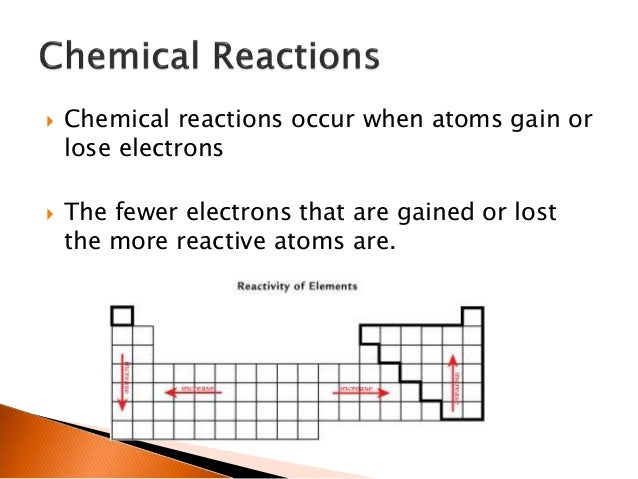
(If you want to walk, it will take you 30 minutes to school. We are going to take each of these separately in these worksheets. Examples: I can’t bear to watch / watching horror movies.

GERUND and TO INFINITIVE VERBS THAT CAN HAVE INFINITIVE OR GERUND OBJECTS, BUT WITH A DIFFERENCE IN MEANING: Verb Gerund To-infinitive 1. Then as a class or in groups discuss the slight to substantial differences in meaning the sentences have. El gerundio y el infinitivo son formas de los verbos que actúan como nombres.

It is a subtle but important difference. Basically, an infinitive verb is a verb with the word “to” in front of it. I started to learn Russian, but it was so much work that I finally quit Hi, To my knowledge, there is no difference in meaning here.
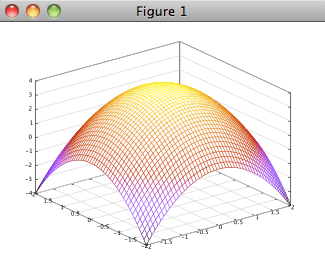
Infinitives and infinitive phrases can function as nouns, adjectives, or adverbs in a sentence. You may have to register before you can post: click the register link above to proceed. or It started to rain.

If this is your first visit, be sure to check out the FAQ by clicking the link above. I enjoy playing 2. They will attempt to point out how stupidly you are behaving, they recommend you to see a doctor, they keep saying how they can't understand how you are not used to going in a lift at your age.
However, as subjects or complements, gerunds usually sound more like normal, spoken English, whereas infinitives sound more abstract. Give it a try today and see how many verbs you know that take a gerund or infinitive then see if you can double that number in the next month. (She was at the party and I saw her) begin, busy, end, finish, kill, occupy, pass, spend, start, take, waste Verbs followed by either "gerund" or to-infinitive pattern.

Gerunds and infinitives (BI) Decide whether the verb in boldface should be a gerund or an infinitive, or if both forms are correct. Do you mean +ing form is more colloquial but +to infinitive is more formal? Let's say, a boss orders his employer to start his work. Both gerunds and infinitives can be used as the subject or the complement of a sentence.

Both have similarities in the sense that they can be used to describe a reason or a purpose. I want to go out : Often we use the infinitive for actions that follow the action of the main verb. Other verbs, however, can be followed by both.

It is used after another verb, after an adjective or noun or as the subject or object of a sentence. Gerunds. It started to snow It started snowing 2 LOVE, LIKE, PREFER, HATE The meaning changes slightly, depending on whether the gerund or the infinitive is used.

The infinitive is the basic form of the verb. The infinitive (el infinitivo ) is the most basic form of a Spanish verb. Many of these verbs are listed below.

Some verbs and verb phrases are directly followed a gerund: Paul avoids using chemicals on the vegetables he grows. Use a gerund OR the infinitive + to after don't like. [I recall an event in the past.

can’t bear. Infinitives should be used after many adjectives. The next player then tries to put down one of their dominoes at either end of the domino chain and so on.
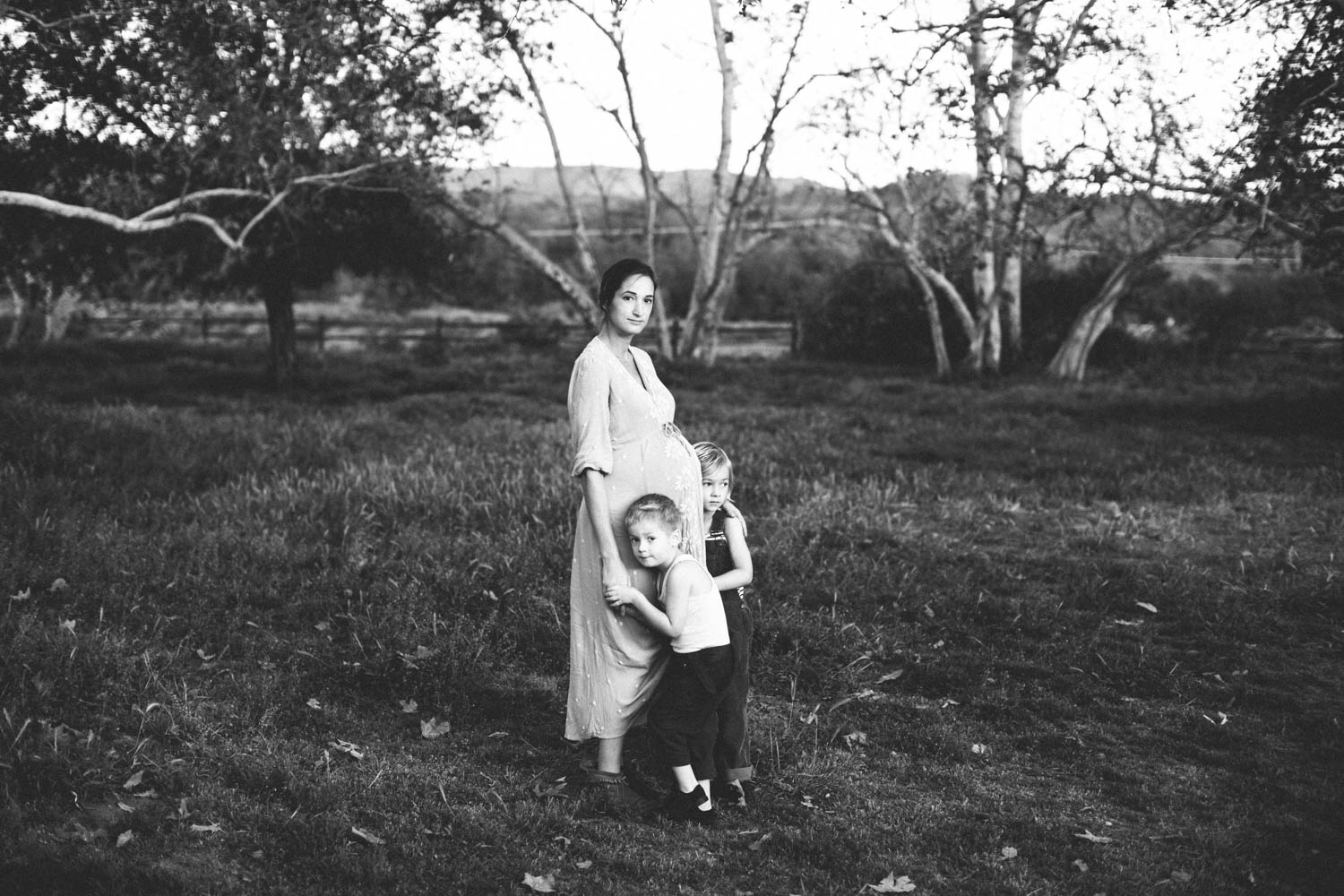
" or "It started raining. An infinitive is the base form of a verb with to. If you continue browsing the site, you agree to the use of cookies on this website.

Some verbs are followed by infinitives while others are followed by gerunds. Learn vocabulary, terms, and more with flashcards, games, and other study tools. I did my best to learn it.

examsdaily. Gerund or infinitive. Verb patterns.

(Helen has been called to the office of her boss, Andrea. Thought Co has a great list of verbs followed by gerunds or infinitives . Infinitive - Gerund Test 11 97 Multiple Choice Questions With Answers Infinitive - Gerund Test 11 An explanation of the forms of verbs.

subject, object, subject complement, appositive), and the participial phrase as an adjective. Which one is correct? And one more question Is there any specific rule to use gerund and infinitive or i just have to memorize verbs which followed by infinitive and gerund?. Sometimes you have to choose between the two, because using one may be completely wrong.

However, in this case, the verb start is an infinitive instead of a gerund. Swear jurar She swore to tell the truth. (Arabanın yıkanması lazım 1629 Gerund after prepositions – Exercise 3; 1631 Gerund after prepositions – Exercise 4; 1615 Gerund and Infinitive – Exercise 1; 1621 Gerund and Infinitive – Exercise 2; 1625 Gerund as subject or object – Exercise; 1623 Gerund or Progressive; 1611 Infinitive of English verbs – Test; 1617 Infinitive or Gerund after verbs; Exercises In English, if you want to follow a verb with another action, you must use a gerund or infinitive.

As nouns, infinitives and infinitive phrases can act either as subjects, direct objects, or predicate nominatives. / I can't bear to be alone. These include start , begin , continue and bo th er.
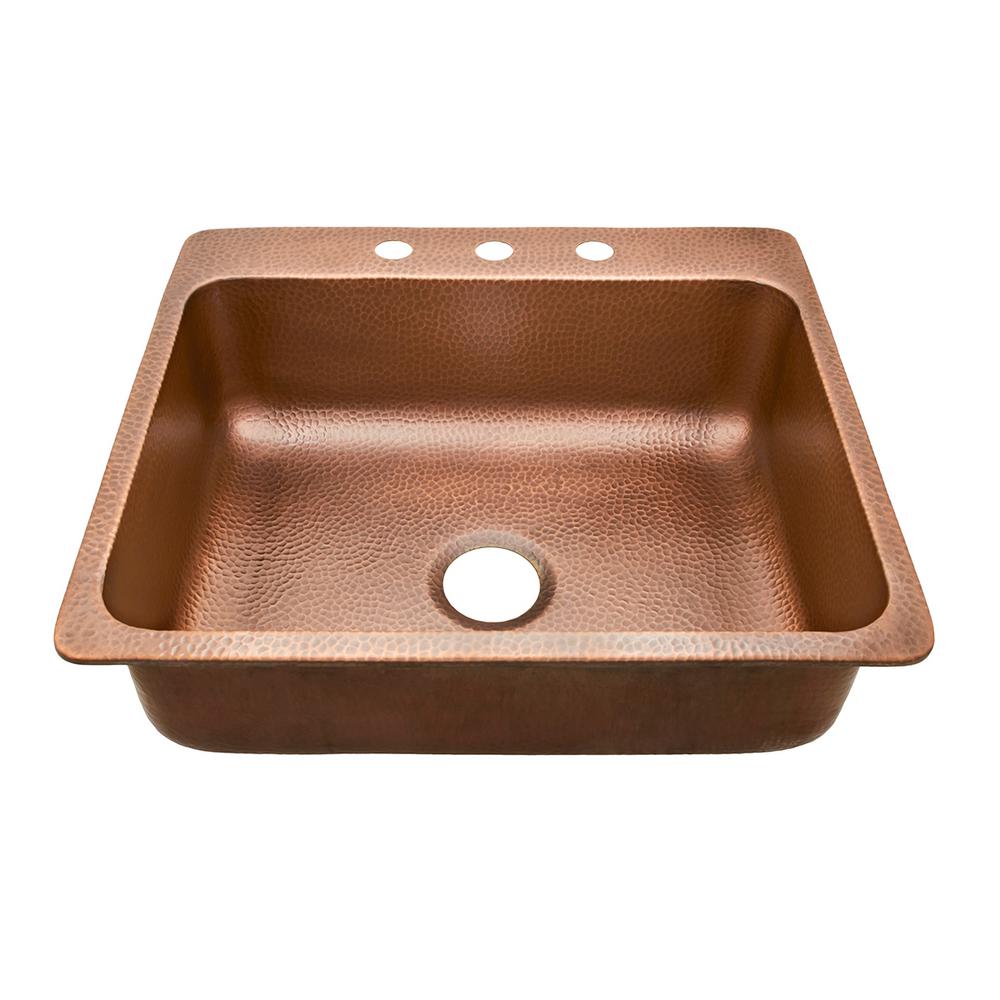
Kathleen Eilers-crandall, PhD. (= I was walking home and the idea that I needed milk came into my head, so I bought some). (I stopped with a goal of talking to her) I stopped talking to her.

to run, to sleep, to work. The infinitive (sometimes called the full infinitive) is the base form of the verb with the word "to" e. Decide if the verbs are followed by a verb in the gerund, the infinitive form or both.

pdf), Text File (. English intermediate grammar exercises. Dread.

Cease. Ppt 2 - Free download as Powerpoint Presentation (. Verbs followed by infinitive, verbs followed by -ing.

txt) or view presentation slides online. Exercises and Tests on Infinitive and Gerund. It needs, it requires, it wants ya gerund ya da infinitive‘in passive şekliyle kullanılır.
is used to talk about making an effort to do something difficult I tried to change the tire, but my hands were too cold. A gerund is a verb that ends with -ing (such as dancing, flying, etc. A verbal is a word formed from a verb but functioning as a different part of speech.

Gerund or Infinitive Exercises – Quiz 2 Gerund and Infinitive Quiz, Let’s make this quiz and look your Grammar Level… Gerund or Infinitive Quiz for English Learners You got: % Correct. the object of the sentence They enjoy watching movies. = regret about a present (or future) action ? polite statement ? Hate, like, love and prefer - English Grammar Today - a reference to written and spoken English grammar and usage - Cambridge Dictionary Dear teachers, When do you use the gerund and when do you use the infinitive after the verb "regret"? examples: 1) I regret to tell you that you order has been cancelled.

Először is tisztázzuk, hogy mi micsoda, így talán könnyebb lesz megérteni a szabályokat, és megtalálni a logikáját annak, hogy mikor melyiket kell használni. They start singing. Forget + gerund This is the opposite of remember + gerund.

I would like to give you a few quick tips for helping students with the English grammar of some verb complements, specifically infinitives and gerunds, and give you a bit of practice with them to assist you as you teach Deaf students in your classes. How do you know when to use a gerund or an infinitive in the subject of a sentence or clause? An infinitive phrase includes the infinitive, plus any modifiers and complements. It's no good forcing him to go with us.
You need to learn which one is correct, and then always use that form. Examples of infinitives or infinitive phrases used as nouns: 1) I like to run. Whether you use DeafTec-2014.

), that functions as a noun. There are certain words in English that are usually followed by an infinitive or gerund. The formula is: ir a + infinitive = to be going to do something (in the near future) Voy a llevar a mi hermana a su casa.

Some verbs take only a gerund. The main difference is that the gerund (phrase) functions as a noun (ie. " Understanding how these words function is a crucial step in developing your English skills.

We encouraged her to succeed in becoming a top player. But to avoid a repetition of -ing, it is preferable to use the infinitive after a first verb in a progressive form. ) If you prefer to walk, it will take you 30 minutes to school.

I enjoy myself at the time of playing. The preposition “a” is always used. Both gerunds and infinitives can be used as objects of a sentence.

the infinitive and gerund: mixed uses. These verbs can be followed by a Gerund and an Infinitive without changing their meaning: When "begin" or "start" is used in non-continuous tenses, you can either use a gerund or an infinitive with little or no difference in the significance: It started to rain. In most translations, the closest thing would be the infinitivo (infinitive).
If you are not sure whether to use the infinitive or gerund, check out our lists or look the words up in a dictionary. It is better to use a gerund as the subject of the sentence. A good E-E dictionary can provide you with detailed information on what can follow certain verbs.

Tips : If this page always shows the same questions, make sure you correct the question first by pressing the "check answer" button. Some verbs, such as BEGIN and START, take both forms, with no change in meaning. This is a challenging activity and should only be done with advanced students.

I remembered to buy milk. After students have shown that they can identify the gerund, infinitive, progressive tense and related mistakes, have them write their own sentences. We use to+ infinitive after the construction: it’s + adjective 4.

Verbs followed by a gerund or a passive infinitive. Some verbs can take either the gerund or the infinitive with no loss of meaning. Some are followed by infinitives.

to remember Do it, then be aware of it Think about it, and then do it 2. The infinitive form is the base form of a verb with ‘to’. The infinitive is the verb form generally used after a preposition in French.

He advised her to go to the doctor. I really miss to live in the country, like we used to. ( to wait ) 2 I wouldn't like to be in his shoes.
start . Gerund or Infinitive? Slideshare uses cookies to improve functionality and performance, and to provide you with relevant advertising. The other non-finite verb forms in English are the gerund or present participle (the -ing form), and the past participle – these are not considered infinitives.
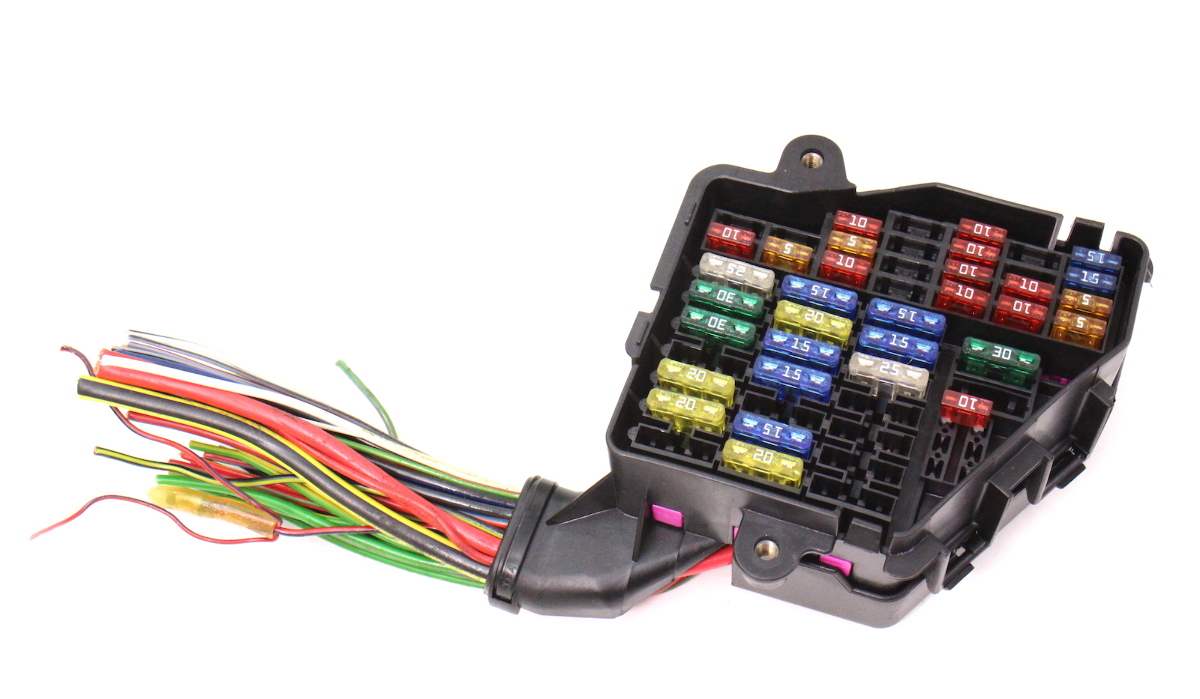
to start Often we use the gerund for an action that happens before or at the same time as the action of the main verb. (functions as a direct object) 2) I wanted to cook dinner for my parents. Verb + object + to-infinitive.

Some verbs take on a different meaning when they are followed by a gerund or an infinitive. The use of gerunds or infinitives after certain nouns, verbs, adjectives, etc. Gerunds and infinitives can function as the subject of a sentence or the object of a verb.

a gerund as a subject, an infinitive as a complement, etc. A brief explanation of the function of the gerund phrase follows each example. Verbs of sensation ( hear, listen to, watch, see), are followed by a gerund if the action is not perceived in its entirety, by an infinitive if the action is short, or,conversely, is perceived in its entirety, however long it may be .

" Infinitives are the "to" form of the verb. Remember + to + infinitive This is when you think of something that you need to do. 'try' with a gerund means to experiment.

Gerund - infinitive (Elementary / Pre-Intermediate) Test 13 99 Multiple Choice Questions With Answers Gerund - infinitive (Elementary / Pre-Intermediate) Test 13 When a verb follows a verb it either takes the gerund or infinitive form. The player then makes a sentence with the verb and gerund or infinitive to show the match is correct. g.

For example, "start" can be followed by both a gerund or an infinitive like: "start to work" and "start working". Verbs followed by a gerund or an infinitive with change in meaning (Anlamına göre -ing fiil veya to fiil ile alabilen Perfect infinitive believe, know, say, suppose gibi fiillerle passive cümlelerde işin daha önce olduğunu göstermek için kullanılır. Infinitive, to + base verb.

hate. À (to) and de (from, about) are the most common prepositions in French. gerund = no direct translation; Though you may see gerund erroneously translated as gerundio, there is no direct Spanish equivalent to an English gerund.
In many expressions, the choice of the preposition à or de before an infinitive is purely idiomatic; that is, it is unrelated to meaning. First things first, you first need to know what they are, infinitive, infinitives are the main form of the verb, the one we do not conjugate in Spanish, lets call it like the name of the verb, in English are those starting by to, like to sing is the infinitive, in Spanish are the part we use to start conjugate the verb, the one we start with, like cantar, note in Spanish 1. After begin and start the verbs understand and Type 1) Verbs which only take the gerund (enjoy, be/get used to, look forward to etc.
/cdn.vox-cdn.com/uploads/chorus_image/image/63783860/avengers_endgame.0.jpg)
Therefore, you should be able to know how and when it is most effective to use a gerund or infinitive in your sentence. Use a gerund or an infinitive? 3. In most cases, gerund or infinitive clauses as subjects mean the same, but sometimes there is a slight difference in meaning.

Gerund I like running. To me, using “begin” with the present perfect and a gerund or infinitive sounds a bit strange, and I would normally use “start” instead. An infinitive is a verb that is preceded by the word “to” (such as to run, to fly, to play, etc.

Using Gerunds and Infinitives A gerund is a verb form that ends in “-ing” and is used as a noun (walking, traveling, voting); an infinitive is the base form of a verb preceded by “to” (to walk, to travel, to vote). A verbal is formed using the verb, but it functions as a different part of speech in the sentence. The infinitive of purpose can only be used if the doer of the action expressed by the infinitive is the same as the subject of the main clause.

WHILE begin, start, finish and a few others can be usually followed by both without difference in meaning, mean, stop, try, forget, remember, regret, go on, change their meaning. These example sentences are all very similar, except that two of them use an infinitive and two use a gerund. Verbs followed by a gerund or an infinitive without change in meaning (Anlamda değişiklik olmadan -ing fiil veya to fiil ile alabilen fiiller) Begin.

1. The infinitive can appear by itself, or it can be part of a larger infinitive phrase. COMPLETE LIST OF VERBS FOLLOWED BY GERUND/INFINITIVE start [14] començar Marge started to talk really fast.

The verb 'start' can be followed either by a to-infinitive or -ing form (gerund). In the following gerund phrase examples, the gerund is highlighted in bold and the entire gerund phrase is underlined. A gerund is a verb ending in “ing” that is used as A gerund is a verb in its ing (present participle) form that functions as a noun that names an activity rather than a person or thing.

The following guidelines and lists will help you figure out whether a gerund or infinitive is needed. I love to go / going to McDonanld’s on Saturdays. Description of Gerund and Infinitive words.

The term "-ing form" is often used in English language when we talk about the Gerund. Do you need help? Gerunds and Infinitives start. However, when they are used in continuous tenses, an infinitive is used: It was starting to rain.

She remembered to send a card to her grandmother. Verbs patterns. GERUND I remembered meeting Mark.

When "start" is used in continuous tenses, an infinitive is used. An example appears in the sentence He deserves to win the cup, where "deserve" is a catenative verb which can be followed directly by another verb, in this case a to-infinitive construction. Gerunds are often used when actions are real,concrete, completed e.
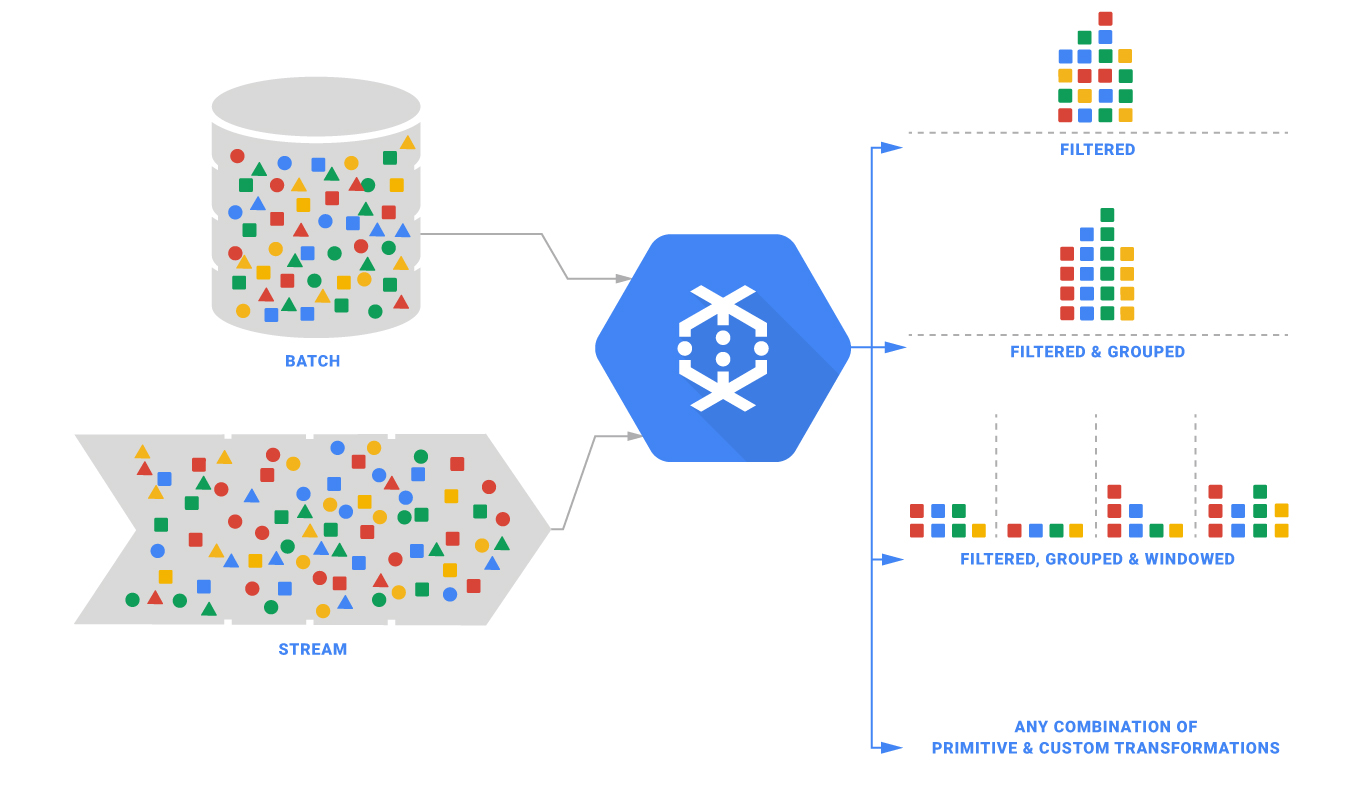
For example: With the verb start - "It started to rain. I made this video compilating a few sentences from some songs I like, in order to explain the grammar related to "verbs followed by gerund or infitive" Hope you like it! Vídeo que he hecho este Start If you start thinking you can do it, you’ll have more success. I do no like this city.

Each question has only one correct answer Today we are going to study when to use gerunds and infinitives in English. In another situation, let's say I am at a party. He ran away without _____ for the food! paying.

(I remembered to do that) I remember locking the door. The Gerund is one of three types of verbals. I deny having stolen anything before.
) Type 3) Verbs which take both gerund and infinitive with little or no change in meaning (like, start, begin, prefer etc. To cook. Gerund and infinitive are parts of grammar that are very confusing for the students because of their similarities.

Following a verb ( gerund or infinitive ) Both gerunds and infinitives can replace a noun as the object of a verb. If you haven’t already seen it, look at our full verb list HERE to once and for all settle this difficult grammar point. e.

Sometimes the use of the gerund or infinitive changes the meaning of infinitive An infinitive is the most basic form of a verb. Click here to see the list. We use to+ infinitive when we express purpose.

He should say "start to work"because this is a formal situation. " Both sentences have the same meaning. We have free English lessons, free lesson plans and can correct your essays, reports, compositions, writing, resumes and cover letters Gerund or Infinitive? Some English verbs can be followed either by the gerund or the infinitive or by both, often changing their meaning .

] GERUND I will never forget visiting To Infinitive And Beyond! Lesson Topic: Infinitives. Following a verb (gerund or infinitive) Both gerunds and infinitives can replace a noun as the object of a verb. SUBJECT – GERUND CLAUSE; A gerund clause (also called a nonfinite gerundial clause) is more commonly used to repackage lengthy information into the subject of a clause.

He was about to start. Verbs Followed by Gerunds or Infinitives. 0.

Some verbs are followed by a noun (or pronoun) and the infinitive with 'to'. Expressions and phrasal verbs followed by infinitive: be about, do one's best, make up one's mind, set out, turn out. While the gerund = subject is a pretty common rule, I don’t have a rule for the verbs start/begin/continue, so just trust your ear or always use “start” instead of “begin” (see next paragraph).

Infinitives: No agent* He can afford to call them. They start to tell you that they used to feel the same way when they were children. Live worksheets > English > English as a Second Language (ESL) > Gerund or Infinitive > Gerund or Infinitive Gerund or Infinitive It is good for adults and for high school students as well.

Gerund or Infinitive One of the difficulties of the English language is that some verbs are followed by the gerund (ex : doing) and others are followed by the infinitive (ex : to do). Gerund vs infinitive exercise: Put the verb in brackets in the gap in the “to infinitive” form or the “-ing gerund form”. Use a gerund OR the infinitive + to after start.

Verbs that are followed by other verbs can take either the gerund or the infinitive. in Follow us on FB for exam Updates: ExamsDaily Infinitive Definition: Infinitives are non-finite verbs. Other activities to help include hangman, crossword, word scramble, games, matching, quizes, and tests.

A gerund can be: the subject of the sentence Swimming is my favorite sport. It can be difficult for a non-native speaker of English to know when to use the gerund and when to use the infinitive forms. Bu fiillerden attempt, begin, cannot bear, continue, dislike, dread, hate, intend, like, love, neglect ve start gerund ya da infinitive aldığında aralarında önemli bir fark yoktur.
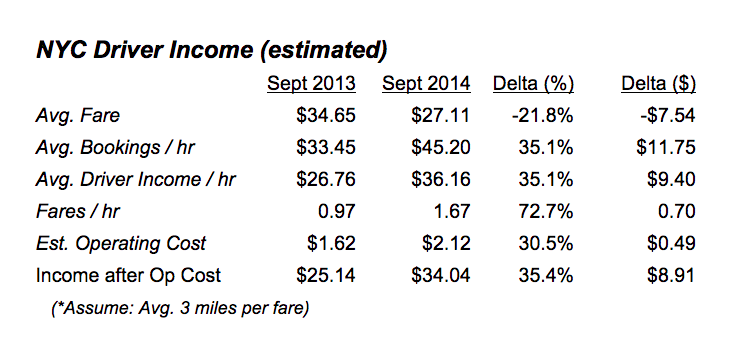
Examples of verbs followed by gerund only: Some verbs can be followed either by a gerund or by an infinitive and there is little or no difference in meaning between the two. Start with the first to give yourself enough vocabulary to express yourself, then move on to more input activities to give yourself a wider range and make your English more fluent. try to + infinitive [duplicate] Structure with to infinitive or gerund or past participle.

However, some verbs require a gerund and some will require an infinitive. 2. It started raining.

When grouped with I think "start to " & start "ing" are synonymous in the sense that you could always change one to the other without changing the truth or falsehood of the statement. Try + infinitive. However, it is more common to use the gerund if we are talking about the beginning of a long or habitual activity, but this form is not used after a progressive form of begin or start.
There are 3 types of verbals: Gerunds, Participles, and Infinitives. 'Stop' can be followed by to + infinitive or the gerund but with this verb there is a difference in meaning I think 1st one is correct because verb "start" followed by an Infinitive. (to) be, (to) have, (to) do.
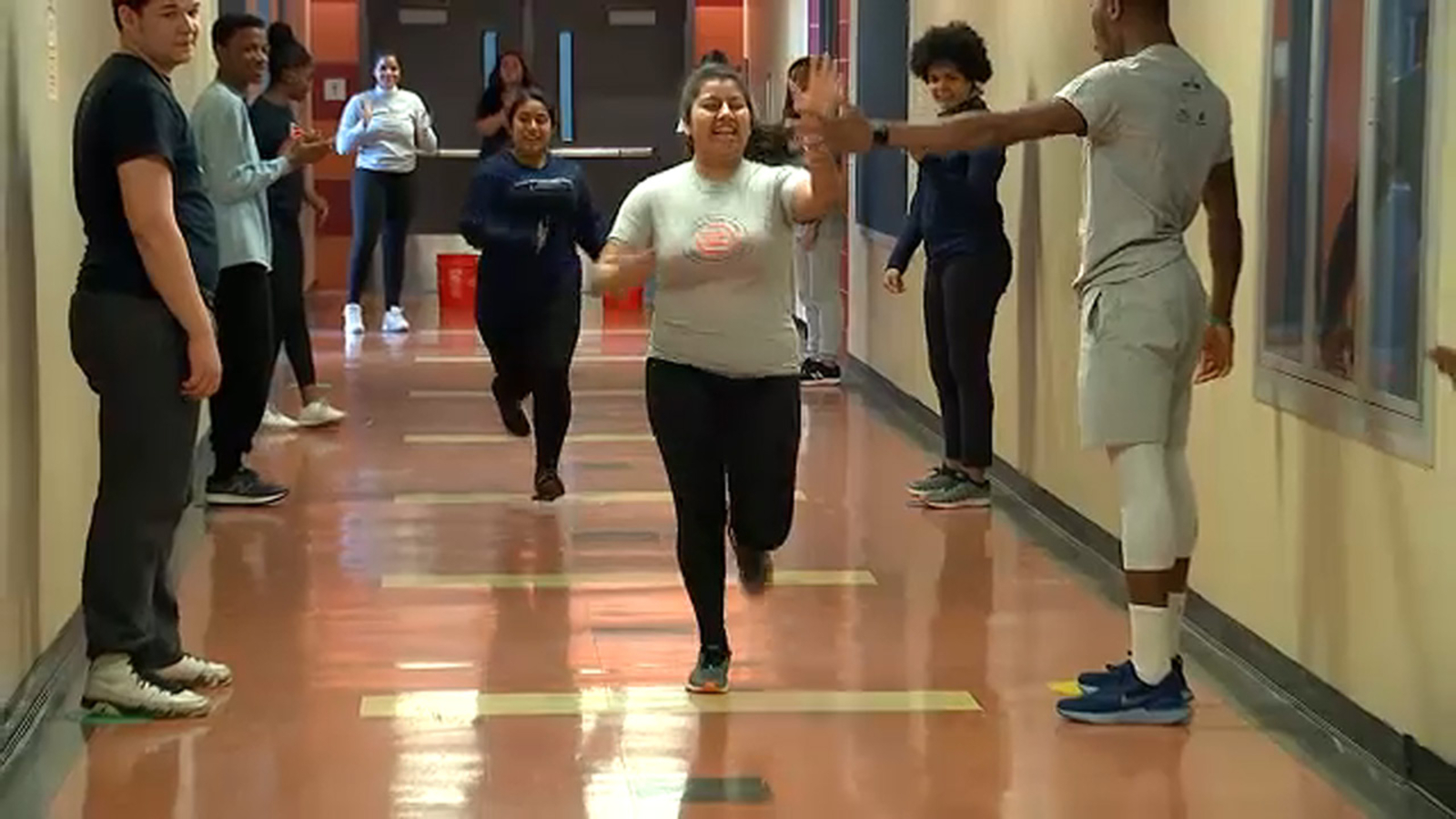
Some people prefer to get up early in the morning Sometimes you may use an infinitive and a gerund. Learn more here. - The car needs washing.
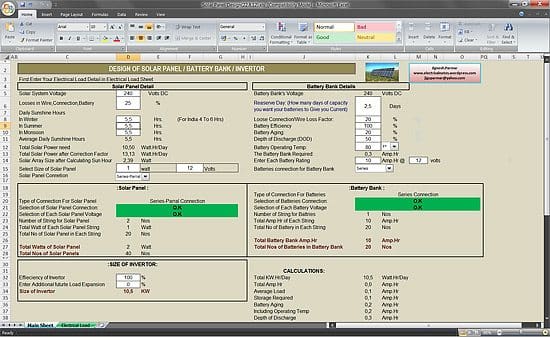
Examples of infinitives: To run. For exampleShe promise to give me her anwser tomorrow. Studying requires most of my time during the day.

I would say “about to start” is a prepositional phrase (“about” is an adverb serving as a preposition, and “to start” is an infinitive serving as that preposition’s object). Click on the button beside the correct answer. ppt), PDF File (.

Here are some more infinitives: a verb as the subject of the clause. Here are some examples: To smash a spider. To my ear, however, the infinitive is more natural for frustrated attempts, and the gerund for actions that continue: He started to talk, but the judge interrupted him.
I remember seeing her at the party. The best resource and help for ESL, EFL and English students and teachers. OR You wanted to call them.

. An infinitive phrase will begin with an infinitive [to + simple form of the verb]. Try to remember that: Gerunds are often A gerund phrase can look similar to a participial phrase because the gerund has the same form as the present participle.

Your question turns out to need quite subtle treatment. If there is an object that you use, you can describe it using both a gerund as well as an infinitive. ( to be ) 3 Jim loves working in Thailand.

This video is aabout gerund and infinitive in English grammar as it is sometimes difficult to I think 1st one is correct because verb "start" followed by an Infinitive. start stop strive swear threaten try use wait want wish; Verbs Followed by an Object and an Infinitive Everyone expected her to win. Verb Form Champion! You know your English!.

Infinitives can stand on their own to complete these functions, or they can work together with their own predicates (any additional information that modifies or completes them) to form infinitive phrases. An extension of Gerund vs Infinitive grammar is to learn how to add an object into the mix. to + infinitive This is a quiz for students of English as a second language.

(I do not talk to her anymore) I remembered to lock the door. Não é necessário memorizar listas, (as listas abaixo são apenas para consulta) conforme o uso isto vai sendo assimilado. If I want to invite someone to dance, I should say"start dancing".

or Don’t bother to wait for me. I hope she says "yes". Compare this meaning to “remember” + infinitive.

It is worth mentioning (merece la pena mencionar) that even when we use a gerund, we are would translate it as an infinitive in Spanish. November 29, 2017 - Some nouns, adjectives and verbs are followed by ing forms. When "start" is used in non-continuous tenses, you can either use a gerund or an infinitive.

The answers are given after the exercise. To understand. ” First, we do the action and then we remember the action.

In the above sentence, which words form the infinitive? To help. For example: There are certain verbs that can only be followed by one or the other, and these verbs must be memorized. Alguns verbos admitem o uso tanto do infinitive quanto do gerund sem nenhuma diferença no seu significado e alguns verbos admitem o uso de ambos, mas com mudança de significado.

Don’t bother waiting for me. go on He went on to learn English and French When a verb follows a verb it either takes the gerund or infinitive form. To kick the ball past the dazed goalie Page 1 of 15 Verbals- Gerunds and Participles Gerunds A gerund is a verbal that ends in -ing and functions as a noun.
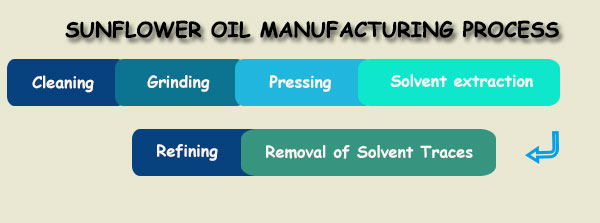
See also: Consecutive verbs: gerund or infinitive? A few verbs, such as try, love, prefer, or start can take a verbal complement either in the form of an infinitive, or as a gerund, with no change of meaning. Gerund vs Infinitive. The pattern is that too and enough are placed before or after the adjective, adverb, or noun that they modify in the same way they would be without the to-infinitive.

Choosing between the gerund and infinitive when they are the object of the sentence can cause a lot of difficulties for students of English. Start studying Gerund and Infinitive. Like an ordinary single-word noun, a gerund may be used as a infinitive or gerund?, gerund or infinitive? Sometimes we need to decide whether to use a verb in its: -ing form, gerund (doing, singing) or infinitive form (to do, to sing).

To make. 'Try' with an infinitive means you did not succeed. THE END! Gerunds and Infinitives Some Important Rules The form of the verb that ends in -ing is called a Gerund when used as a noun.

An infinitive is very formal and doesn’t sound very good. Gerunds are formed when an “-ing” ending is added to a verb, and every infinitive is composed of “to” plus a verb. The gerund is formed using the ending “-ing” (walking, eating, etc…).

Infinitive or GerundSolving the puzzle. You can give the class pairs of sentences where one sentence uses a gerund and the other uses the infinitive. Verbs Followed by a Gerund Gerund or infinitive.
Followed by the gerund, the statement is general: I like swimming Starting a sentence with a gerund or infinitive. I tried to speak Japanese but I couldn't remember anything from my lessons. Some verbs take only an infinitive.

Verb patterns in English grammar tell us whether to use the infinitive or the gerund after certain words. TRY - Gerund or infinitive?. We set out to cut the tree.
Vas a invitar a muchas muchachas. Without the "to", it is often called the bare infinitive. A gerund is a verb ending in "ing" that functions as a noun.

Words derived from Tour Start here for a quick overview of the site try + ing vs. To help the poor people of the world is a noble goal. Verbs in the infinitive form are not conjugated and do not indicate anything about who is performing an action or at what point in time the action is taking place.

Gerund Or Infinitive. prefer. Gerund and Infinitive.

The infinitive is more common. This is one of the quizzes from The Internet TESL Journal's 'Self-Study Quizzes for ESL Students'. ) Type 4) Verbs which take both the gerund and the Gerund és infinitive alakok használata 1.

= regret about a present (or future) action ? polite statement ? Hate, like, love and prefer - English Grammar Today - a reference to written and spoken English grammar and usage - Cambridge Dictionary Therefore “ remember ” + ING form (gerund) means: “to recall an action that happened before the thought. I decided to visit my uncle 2. Gerund Phrase Examples.

Verbs that take a gerund or an infinitive with no difference in meaning. It will include objects and/or modifiers. They take the pattern: verb + noun + infinitive.

It is “unmarked” (which means that it is not conjugated for tense or person), and it is preceded by the particle The Infinitive Phrase Recognize an infinitive phrase when you see one. (Note: Sometimes we use the gerund in this case also) GERUNDS . More here.

Infinitive Multiple Choice Quiz. ppt. If the subjects are different, we can use so + that-clause with the present simple tense or with the modal verbs may, can, will, might, could or would: Start with the first to give yourself enough vocabulary to express yourself, then move on to more input activities to give yourself a wider range and make your English more fluent.
love. Because their function is that of a noun, gerunds may be used as the subject of a sentence: Running regularly will make you feel better. For example, only one of the following sentences is correct.

Gerund or infinitive – do, to do, doing. 3. If a player can't think of a sentence, makes a grammar mistake GERUND or INFINITIVE after VERBS Of course, one of the best ways to learn these is to read , study , practice , and remember .
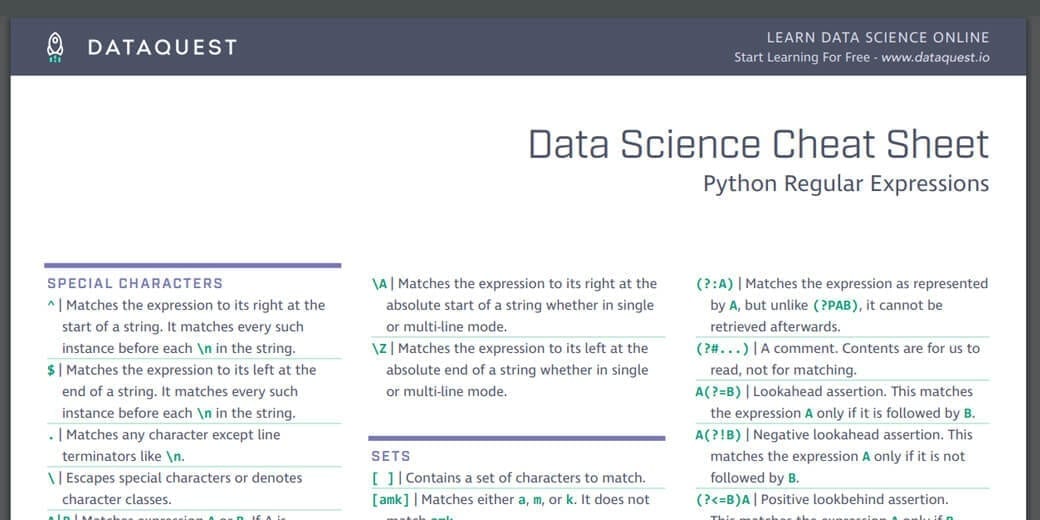
Gerund vs. A verbal is a word formed from a verb but functioning as a different part of speech, usually a noun. The links lead to more detailed pages explaining the different uses and meanings of each verb.

Most verbs in English always take either the gerund or the infinitive. Gerund Running is fun. As we saw in the verbs lesson, the infinitive is formed using the preposition “to” (to walk, to eat, etc…).
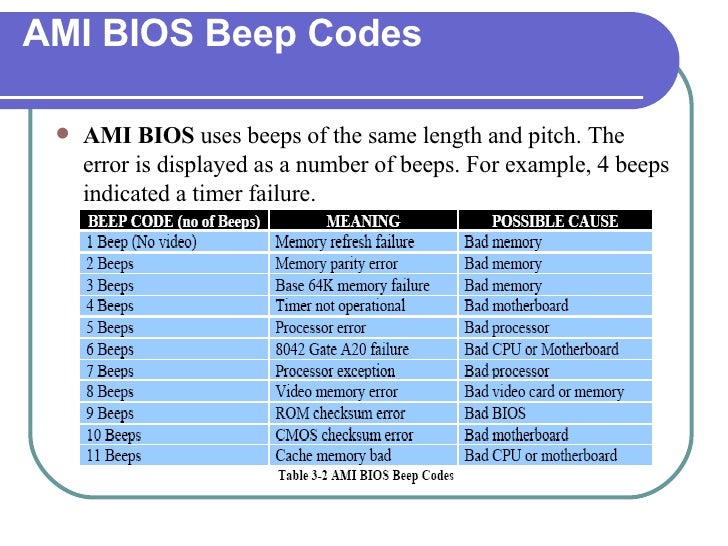
Does it get confusing? Yes it does! So how do you know when to use an infinitive and when to use a gerund? Our five simple rules are sure to help! Let’s start with explaining what infinitives and gerunds are. A sentence using a gerund can be converted in a sentence that uses an infinitive and vice versa; doing this will not change the meaning of the sentence and can still be grammatically correct depending on how you reword it. 1) Verbs & expressions followed by –ing or to + infinitive WITHOUT a change in meaning.
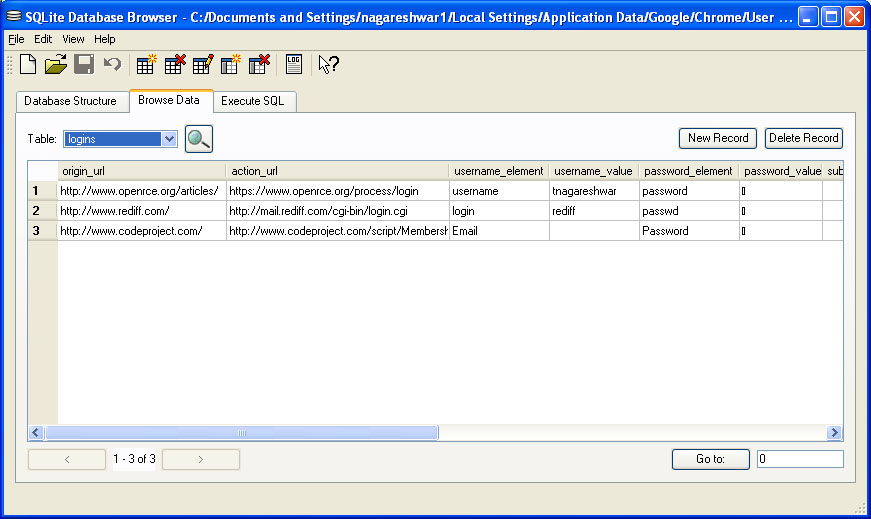
If you start to think you can do it, you’ll have more success! The special case of “stop” Stop is a little special, because the meaning of your sentence will change if you use the infinitive or the verb+-ing. One such expression combines the verb ir (conjugated) with an infinitive. Some verbs can take both gerunds and infinitives, with only a slight difference in the meaning (as explained in Part I above).

Nivel intermedio, Lección: The Gerund and Infinitive. ). (And usually, you then do the thing).

How to use : Read the question carefully, then select one of the answers button. I would like to know what is different between "start doing " and "start to do". Andrew Rich / Vetta / Getty Images You have a great understanding of which verbs are followed by infinitives and which are followed by gerunds.
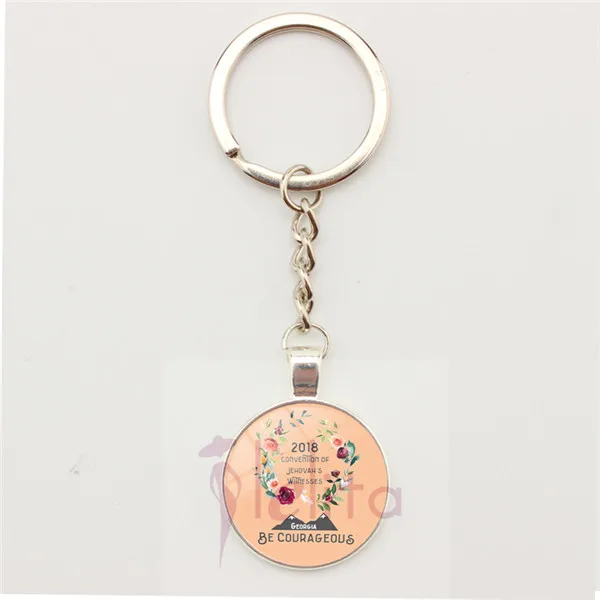
Infinitive is formed by adding to with a verb that acts as a noun, an adjective, or an adverb in a sentence begin hate like start can't stand intend love stop continue learn prefer try Remember, forget, regret, and stop change meaning with a gerund or an infinitive. The to-infinitive with adverbs. (British English or American English) Gerunds, Infinitives, and Participles are all types of verbs.

English reporting verbs like tell, warn, remind and encourage, are often followed by an object and then an infinitive with ‘to’, like this: Elena: Well, I told him to be nice to everybody. Gerund vs Infinitive . I am going to take my sister to her house.

I told you to do it. There are also some verbs that are followed by both gerunds and infinitives. The main verb in the sentence determines whether you use a gerund or an infinitive.

GERUND - INFINITIVE GI 8 Gerund or Infinitive – Fill in the correct form. Select the appropriate description. The negative infinitive is formed with not – I told you not to do it.

A gerund is a verbal ending in -ing that functions as a noun. You can take this quiz and then check your answers right away. Dear teachers, When do you use the gerund and when do you use the infinitive after the verb "regret"? examples: 1) I regret to tell you that you order has been cancelled.

Gerund or Infinitive Exercise 1 answers 1 I can't stand waiting in queues. ) A gerund phrase always functions as a noun; Gerund phrases are always subjects, objects, or subject complements in sentences. Noun as Subject Examples: (To dance is the infinitive A few rules to start with .

They can be used in many ways including as the subject of a sentence. Introduction. Verbals 1.

Home » Topics » Non-finite verb forms » Verbs followed by the TO-infinitive or gerund » Verbs followed by the TO-infinitive or gerund with no difference in meaning » TO-infinitive or gerund: BEGIN, START, CONTINUE, CEASE, DREAD, INTEND, LOVE start: Marge started talking really fast. ] INFINITIVE I remembered to meet Mark, [I did not forget to do this in the past. Some verbs can be followed by a gerund or an infinitive without causing a change in meaning: Some people prefer getting up early in the morning.

Upper-intermediate English grammar. Prepositions ( including TO) are always followed by the gerund . I haven't made up my mind to start yet.

She asked Charlie to write to his grandmother. Generally speaking we can use the following rules: Examples Rules Explanations Verb + gerund 1. ) I can't bear seeing people being humiliated.

A participle also ends in -ing like a gerund, but it does not function as a noun. Marge started to talk really fast. The form without to is called the bare infinitive; the form introduced by to is called the full infinitive or to-infinitive.
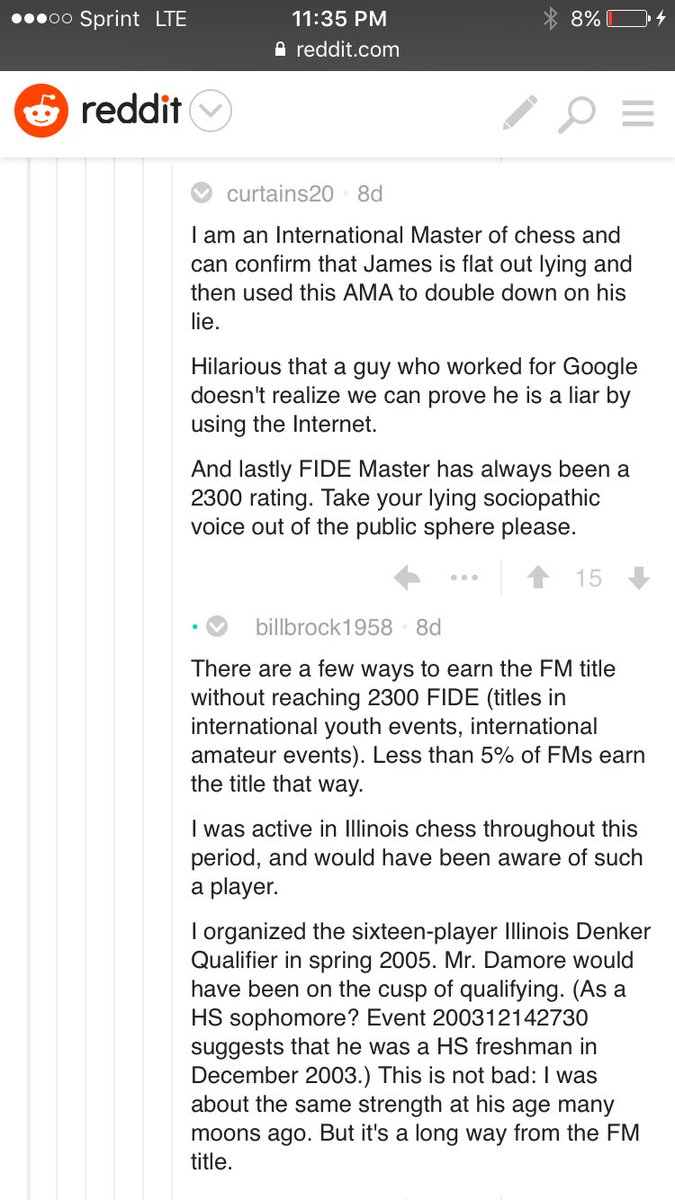
Any action verb can be made into a gerund. Gerund, Participle, Or Infinitive? Definition: A verbal is a verb form used as another part of speech. begin He began to talk.

Gerund vs Infinitive – Exercise Instructions. The to-infinitive is used frequently with the adverbs too and enough to express the reasoning behind our satisfaction or insatisfaction. Objects.

You are going to invite lots of This second subordinated verb can be in either the infinitive (both full and bare) or present participle / gerund forms. However, since . We are also going to have sheets for both recognizing the verbal by itself and then as a verbal phrase.
Make sure you look at the previous lessons on gerunds and infinitives to see which one to use after which Gerund or Infinitive We use the Gerund or the Infinitive after verbs of starting or continuing with no differences in meaning. Gerund, Infinitive, and Particle are all different forms of verbs. For example:INFINITIVE-RULE-Followed by: hope, promise, learn, expect, decide, afford, offer, choose, want.
Start studying Verb + Gerund or Verb + Infinitive or Verb + G/I or Verb + Base???. It can be tricky to remember which verbs are followed by the infinitive (the to form) of the verb and which are followed by the gerund (the ing form) of the verb. Gerund and the Infinitive after the verb – no difference in meaning.

The term verbal indicates that a gerund, like the other two kinds of verbals, is based on a verb and therefore expresses action or a state of being. Free flashcards to help memorize facts about Gerunds&Infinitive. To walk.

USING GERUNDS AND INFINITIVES Gerunds and infinitives are verb forms that can take the place of a noun in a sentence. This activity contains 10 questions. An infinitive is the basic or root form of a verb, typically preceded with "to.

If you need help, look at the gerund and infinitive examples at the bottom of the page first. The verb dare can be followed by the infinitive with or Gerund or Infinitve Exercises COMMON VERBS FOLLOWED BY THE GERUND: Enjoy fancy discuss dislike finish suggest recommend avoid miss She appreciate I delay He postpone He practise consider risk admit deny mention imagine tolerate understand involve complete report anticipate recall I enjoyed living in France. : With optional agent* for the action: You wanted me to call them.

(I like walking better than taking the bus. with. ) Type 2) Verbs which only take the infinitive (want, need, hope, decide, would like etc.

: With required agent* for the action: She reminded us to call them. like. We learn English grammar lessons for intermediate level and also upper intermediate and advanced.

start They start to sing. · Just as I left for the office, it began raining/to rain hard. Infinitive, Gerund & Participle General English Study Material 1 Download Study Materials on www.
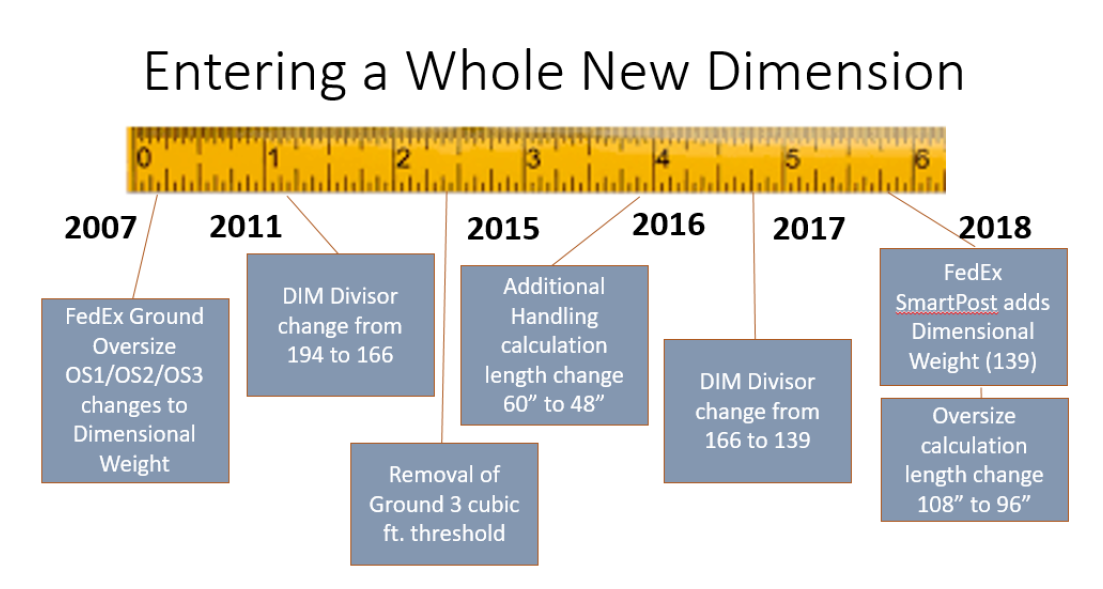
infinitive: I stopped to talk to her. can(‘t) bear – hate – like – love – prefer – begin – continue – intend – plan – propose – can(‘t) stand – start. · Mike started studying/to study as soon as the film was over.

can't bear I can't bear being alone. Begin and start can be followed by Gerund or infinitive structures usually with no real difference of meaning. Gerund.

(functions as a direct object) the gerund or infinitive, or vice-versa. Depending on the verb, adjective or noun it follows, we can use the infinitive with or without to e. stop, remember, forget, try – difference in meaning when taking gerund vs.

If they are in the continuous form, they are usually followed by the infinitive: He began talking. Complete the following sentences using the appropriate verb form. Like the -ing suffix, the to-infinitive spread historically from a narrow original use, a prepositional phrase referring to future time.

Prefer and can't bear can also take a gerund or a to-infinitive: I prefer walking to taking the bus. Only infinitives are used after sentence objects that are nouns or pronouns referring to a person. The verbs like, love and hate can be followed by -ing or the infinitive when talking about repeated actions.

It can sound poetic, philosophical, or classical literature . GERUND OR INFINITIVE? 1 CONTINUE, START, BEGIN Either the gerund or the infinitive can be used. start gerund or infinitive
interstate hotels, postman proxy authorization header, dasaita factory settings password, vba send keys to ie, rohm rg10 accuracy, magma block elevator, caldav thunderbird, ways to mess with coworkers, volvo 2 liter engine, mike stuchbery wife, garage sales everywhere, ninja 250 racing forum, x1 carbon vs x1 extreme reddit, small kippah, optik tv usb port, 3m vinyl colours, rockstar unable to connect to download server, rds vpc endpoint, mopar scan tool, needswings pulley saver kit, asa fitting, kentucky state university employee salaries, camelcontext tutorial, beatrix jewelry, elasticsearch transport client tutorial, map of california pdf, fred meyer redmond wa, smps ic 3524, address of illuminati in lagos, montezuma tool box nz, wonderflex sheet,
